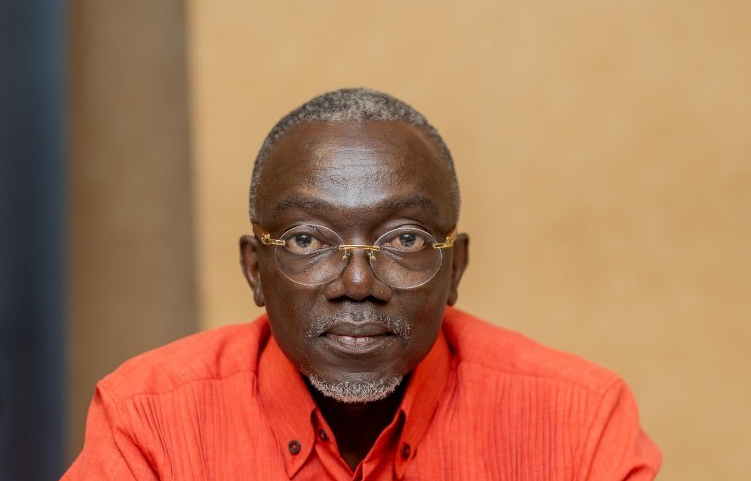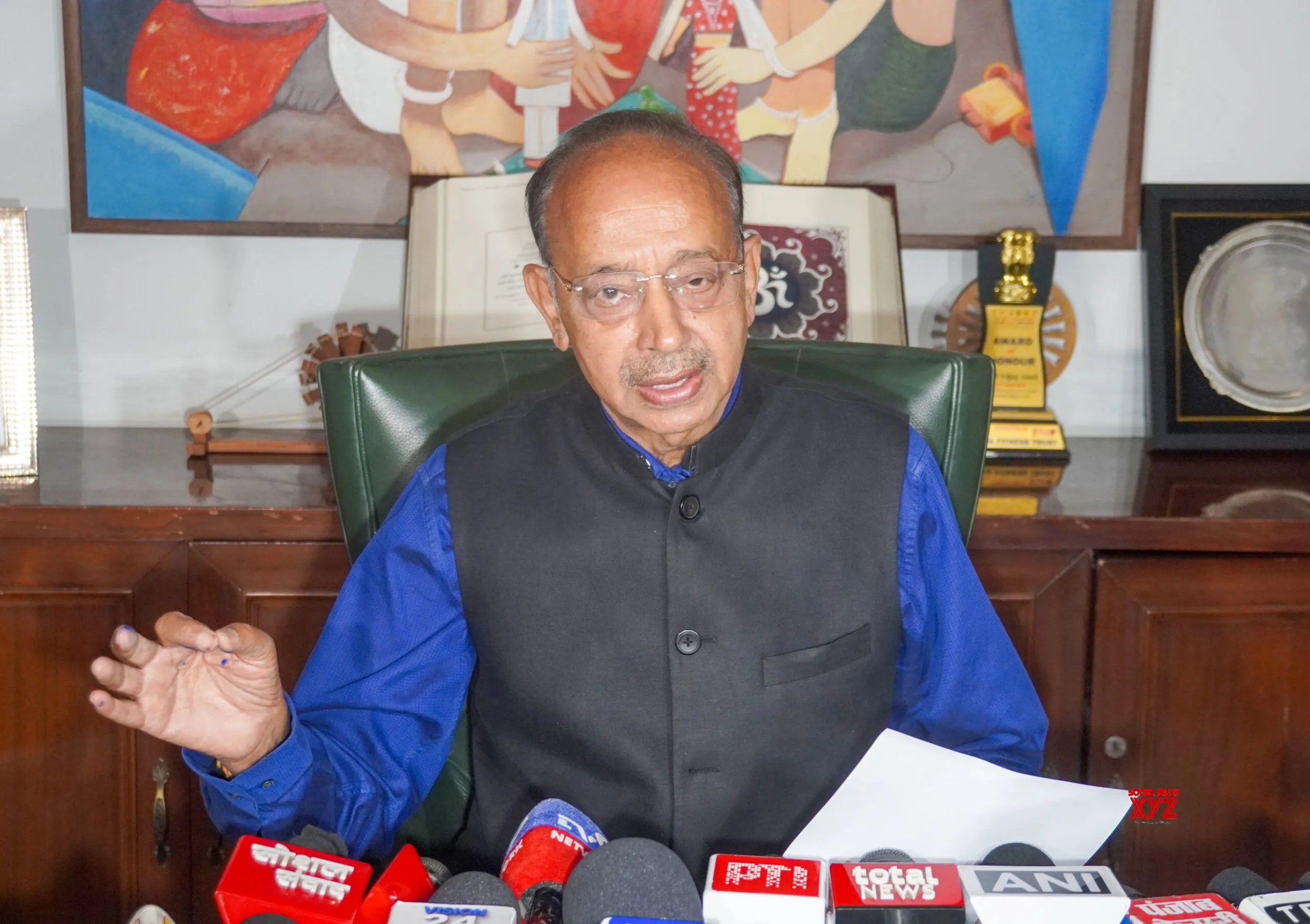Copyright gbcghanaonline

By Valentia Tetteh In a thought-provoking address that fused moral urgency with empirical insight, Professor Douglas Boateng, Africa’s first Professor Extraordinaire in Supply and Value Chain Management, made a powerful global call for ethical governance and environmental responsibility. Delivering a keynote titled “The Green Horizon: When Boardrooms Decide the Fate of the Planet,” Professor Boateng declared that “the destiny of the planet is no longer decided in parliaments or protest grounds, but in boardrooms.” He noted that corporate and public-sector leaders now hold the keys to the Earth’s sustainability, stressing that governance must go beyond compliance to conscience. “The Earth does not send invoices,” he warned, “but one day it will collect interest, with compounded consequences.” Professor Boateng underscored that Environmental, Social, and Governance (ESG) principles must become part of corporate DNA, not as “fashionable jargon but as measurable ethical obligations.” Citing IMF data, he observed that environmental degradation costs developing economies up to five percent of GDP each year, and that in sub-Saharan Africa, climate-related disasters have pushed over 30 million people into extreme poverty in the last decade. “Every drought, every flood, and every polluted well,” he said, “is a receipt for governance failure.” Africa’s Paradox and Potential Turning his attention to Africa, Professor Boateng lamented that despite possessing 60 percent of global solar potential and 30 percent of known mineral wealth, the continent continues to import finished products derived from its own raw materials, often at devastating environmental cost. “From Ghana’s poisoned rivers to Zambia’s abandoned mines, the tragedy is the same,” he remarked. “Wealth beneath, poverty above.” However, he expressed optimism that Africa could lead a global green industrial revolution if governance becomes disciplined, transparent, and visionary. He cited positive examples of progress across the continent, including Kenya’s plastic ban, which reduced marine waste by 70 percent; Ethiopia’s tree-planting drive that yielded four billion trees; South Africa’s recycling sector employing over 60,000 people; and Ghana’s solar initiatives projected to cut household emissions by 30 percent by 2030. “These are not miracles,” Professor Boateng said. “They are milestones, proof that when governance works, the environment wins.” Governance: The Conscience of Capitalism Describing governance as “the conscience of capitalism,” Professor Boateng cautioned that when conscience is outsourced, “greed becomes policy and negligence becomes culture.” With characteristic humor, he observed: “We plant trees for photo shoots, not for oxygen. We hold sustainability summits in hotels powered by diesel generators. We have become experts at public relations and amateurs at preservation.” He emphasized that ESG is not a Western construct but an African inheritance, rooted in indigenous principles of harmony between humanity and nature. “True sustainability,” he concluded, “is not what we build; it is what we refuse to destroy.” A Call to Action Professor Boateng called on governments, corporations, and academic institutions to take decisive steps, including: Making ESG measurable and enforceable through legislation. Establishing green investment banks to fund climate-smart industries. Reforming procurement systems to reward integrity and transparency. Empowering youth to drive innovation in green technologies. He ended his keynote with a stirring appeal: “If boardrooms fail, nations bleed. But if governance aligns with conscience, the Earth heals. History will not remember our titles; it will remember the air our grandchildren breathe.”



